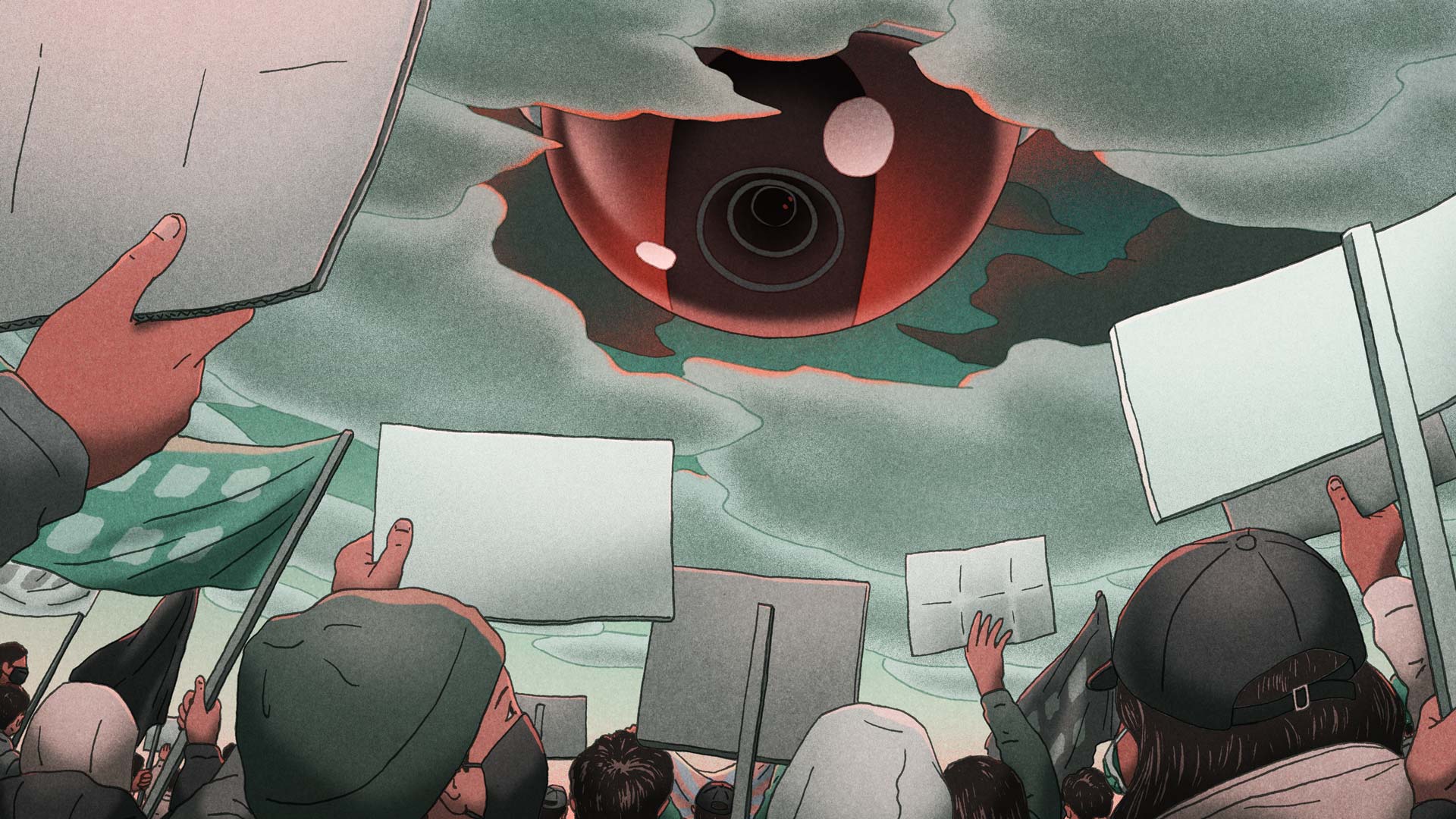Turkistan Times, 24 June 2025: China's efforts to silence dissent have long crossed borders, but a new report reveals a growing campaign of coercion, infiltration, and transnational repression aimed squarely at exiled Uyghurs. The China Targets investigation — published by the International Consortium of Investigative Journalists (ICIJ) on June 23, 2025, and led by journalist Scilla Alecci in collaboration with 42 media partners — uncovers how the Chinese state turns victims into informants and co-opts diaspora networks to surveil and suppress calls for East Turkistan’s freedom.
While much of the report focuses broadly on the Chinese Communist Party's (CCP) efforts to infiltrate overseas Tibetan, Hong Kong, and pro-democracy groups, the most chilling revelations concern its strategy against Uyghur communities in exile, using threats, financial coercion, and family-based blackmail to recruit spies from among their ranks.
Beijing’s Coercive Playbook: “Work for Us or We’ll Destroy You”
One of the most striking cases detailed in the report involves Shadeke Maimaitiazezi, a 60-year-old textile trader originally from Kargilik, a town in southern East Turkistan (officially Xinjiang). Once a successful businessman, Maimaitiazezi relocated to Turkey in 2017, fleeing the growing repression and economic instability caused by Beijing’s crackdown on Uyghur merchants and cross-border trade.
Years later, according to ICIJ’s media partner Deutsche Welle Turkey, Maimaitiazezi was ensnared in a web of threats and pressure. He claims that an officer from his hometown forced him into becoming a spy by threatening his family, three of whom still reside in East Turkistan. During Turkish police interrogations, he recalled the officer’s words: “You have relatives and loved ones here… think about their fate.”
In 2023, Maimaitiazezi traveled to Hong Kong to meet the agent, only to be detained for 15 days. When the officer finally arrived, he and a colleague allegedly presented him with an ultimatum: cooperate with Chinese intelligence, or suffer the consequences. “China is a very big country, and if you work for us you will be saved. Otherwise we will destroy you and everyone you love.”
The Chinese agents further claimed there was an international arrest warrant against him — a threat designed to ensure compliance. According to Turkish prosecutors, Maimaitiazezi was offered more than $100,000 in payments through intermediaries to spy on fellow Uyghur exiles, particularly those involved in activism for East Turkistan’s independence.
One of the key targets was Abdulkadir Yapchan, a long-time Uyghur human rights advocate who has been persecuted by Chinese authorities for over two decades. While Beijing labels Yapchan a terrorist, Turkish courts have dismissed such allegations as politically motivated. Maimaitiazezi also admitted that he was tasked with locating Uyghurs in Turkey with alleged connections to terrorist groups in Syria — a claim he said he could not substantiate.
A Systemic Campaign of Infiltration
Maimaitiazezi was recently sentenced by a Turkish court to 12 years and six months in prison. He has denied the allegations and is appealing the verdict. His lawyer, Fatih Davut Ejder, argues that the evidence against him is weak — pointing out that any information he may have passed on was already public, drawn from Facebook or online media.
Yet for Uyghur communities abroad, his case is more than just an individual story — it’s a warning sign. As Haiyuer Kuerban, a Berlin-based activist with the World Uyghur Congress, told ICIJ:
“It’s unrealistic that a few diplomatic staff can control China’s vast diaspora. A fire is burning outside China, and they are using every possible means to put it out.”
This includes planting informants inside advocacy groups, mosques, and refugee support networks. In Sweden, another Uyghur refugee was arrested and accused of spying for China — the second such case in the country since 2009. Meanwhile in Switzerland, an academic reportedly pressured local Uyghurs to disclose private information, such as home addresses and identities of family members back in East Turkistan. He admitted to ICIJ partners that he maintains contacts with Chinese security services but denied collecting intelligence.
Documents obtained by Abduweli Ayup, a former political prisoner and now a Norway-based researcher, shed further light on this machinery. A “registration form for public security informants” from East Turkistan categorizes collaborators into three types: voluntary informants, covert gatherers, and those directly instructed by police or state security officials. These frameworks — originally used within China’s repressive domestic apparatus — now appear to be exported abroad.
ICIJ’s investigation also reviewed internal CCP security guidelines describing a doctrine of “covert struggle”. These documents show how Beijing’s police state aims to preemptively neutralize threats not only inside China, but globally — treating Uyghur refugees, activists, students, and clerics as hostile actors.
A Global Call to Action
From Istanbul to Berlin, Stockholm to Zurich, Uyghur activists now face the chilling reality that even in exile, they are not beyond Beijing’s reach. The China Targets investigation paints a disturbing picture of how far the Chinese state is willing to go to crush dissent — and how vulnerable communities from East Turkistan remain, even in so-called safe havens.
What once seemed like isolated incidents of harassment or surveillance are now revealed as part of a deliberate, coordinated state strategy: manipulate exile networks, sow distrust, and punish loyalty to the Uyghur cause with threats of annihilation. The goal is not just information gathering — it is complete psychological control.
As the international community wakes up to the depth of this repression, the question remains: Will governments take concrete steps to protect the Uyghur diaspora from China's expanding surveillance state? Or will they continue to underestimate — and enable — a campaign of fear waged far beyond China’s borders?
For further details, please refer to the complete report available here.

